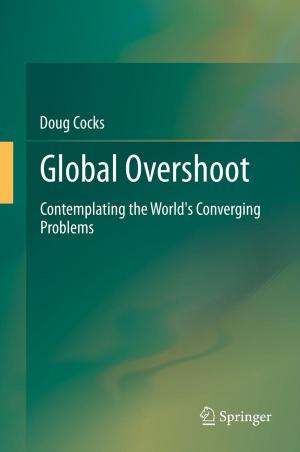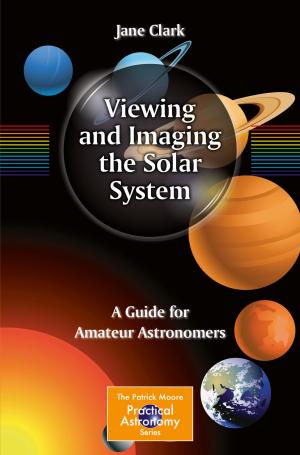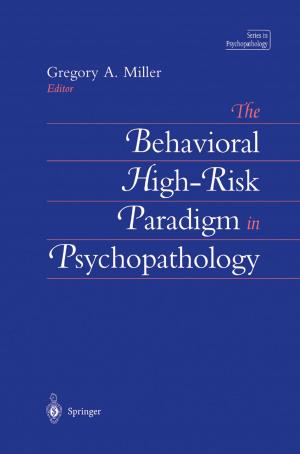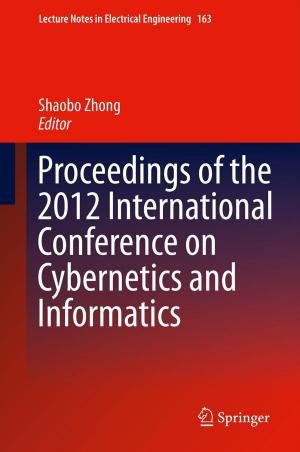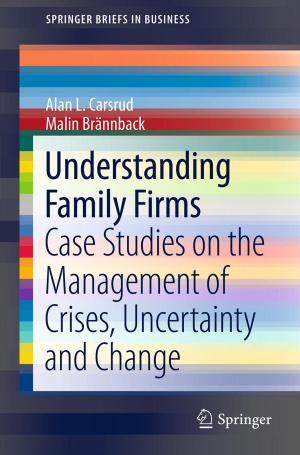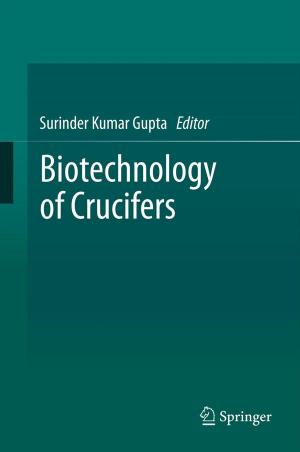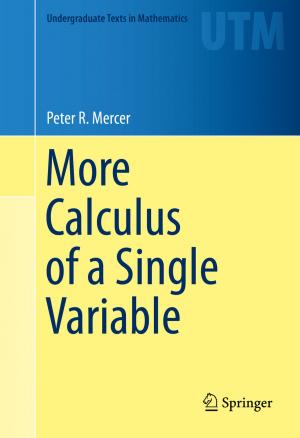Cardiac CT and MR for Adult Congenital Heart Disease
Nonfiction, Health & Well Being, Medical, Medical Science, Diagnostic Imaging, Biochemistry| Author: | ISBN: | 9781461488750 | |
| Publisher: | Springer New York | Publication: | November 22, 2013 |
| Imprint: | Springer | Language: | English |
| Author: | |
| ISBN: | 9781461488750 |
| Publisher: | Springer New York |
| Publication: | November 22, 2013 |
| Imprint: | Springer |
| Language: | English |
This is the first major textbook to address both computed tomography (CT) and magnetic resonance (MR) cardiac imaging of adults for the diagnosis and treatment of congenital heart disease (CHD). Since the introduction of faster CT scanners, there has been tremendous advancement in the diagnosis of CHD in adults. This is mostly due to the higher spatial resolution of CT compared to MR, which enables radiologists to create more detailed visualizations of cardiac anatomic structures, leading to the discovery of anomalous pathologies often missed by conventional MR imaging. This book is unique in highlighting the advantages of both CT and MR for the diagnosis of CHD in adults, focusing on the complementary collaboration between the two modalities that is possible. Chapters include discussions of case examples, clinical data, MR and CT image findings, and correlative cadaveric pictures. The chapters focus not only on the diagnosis of the primary problem, but also give readers information on visual clues to look for that often reveal associated pathologies. This book appeals primarily to diagnostic and interventional radiologists, as well as cardiologists and interventional cardiologists.
This is the first major textbook to address both computed tomography (CT) and magnetic resonance (MR) cardiac imaging of adults for the diagnosis and treatment of congenital heart disease (CHD). Since the introduction of faster CT scanners, there has been tremendous advancement in the diagnosis of CHD in adults. This is mostly due to the higher spatial resolution of CT compared to MR, which enables radiologists to create more detailed visualizations of cardiac anatomic structures, leading to the discovery of anomalous pathologies often missed by conventional MR imaging. This book is unique in highlighting the advantages of both CT and MR for the diagnosis of CHD in adults, focusing on the complementary collaboration between the two modalities that is possible. Chapters include discussions of case examples, clinical data, MR and CT image findings, and correlative cadaveric pictures. The chapters focus not only on the diagnosis of the primary problem, but also give readers information on visual clues to look for that often reveal associated pathologies. This book appeals primarily to diagnostic and interventional radiologists, as well as cardiologists and interventional cardiologists.


